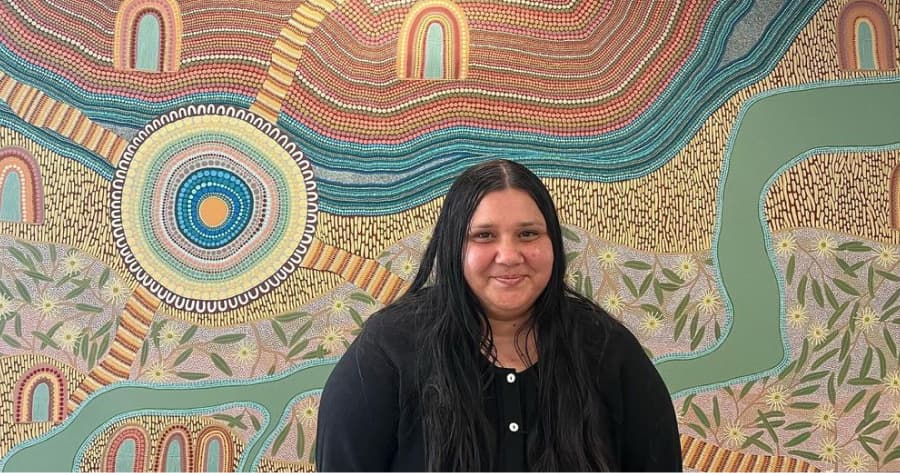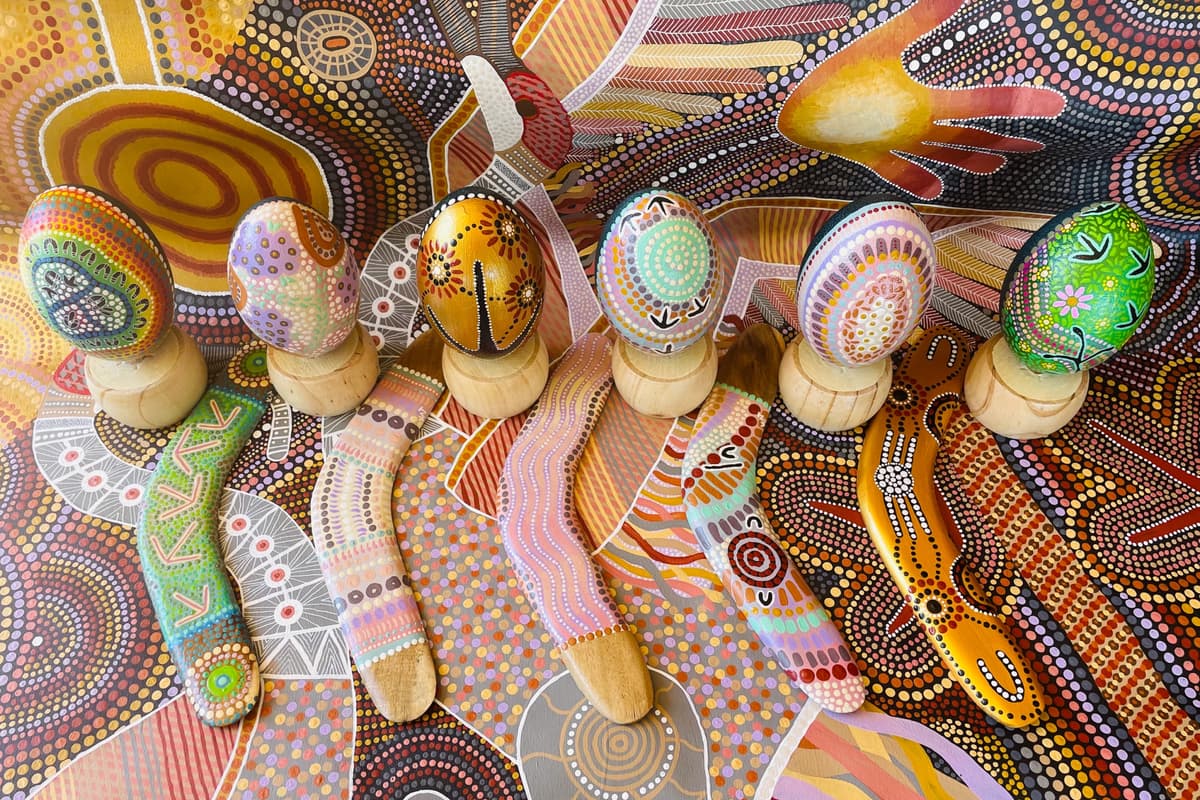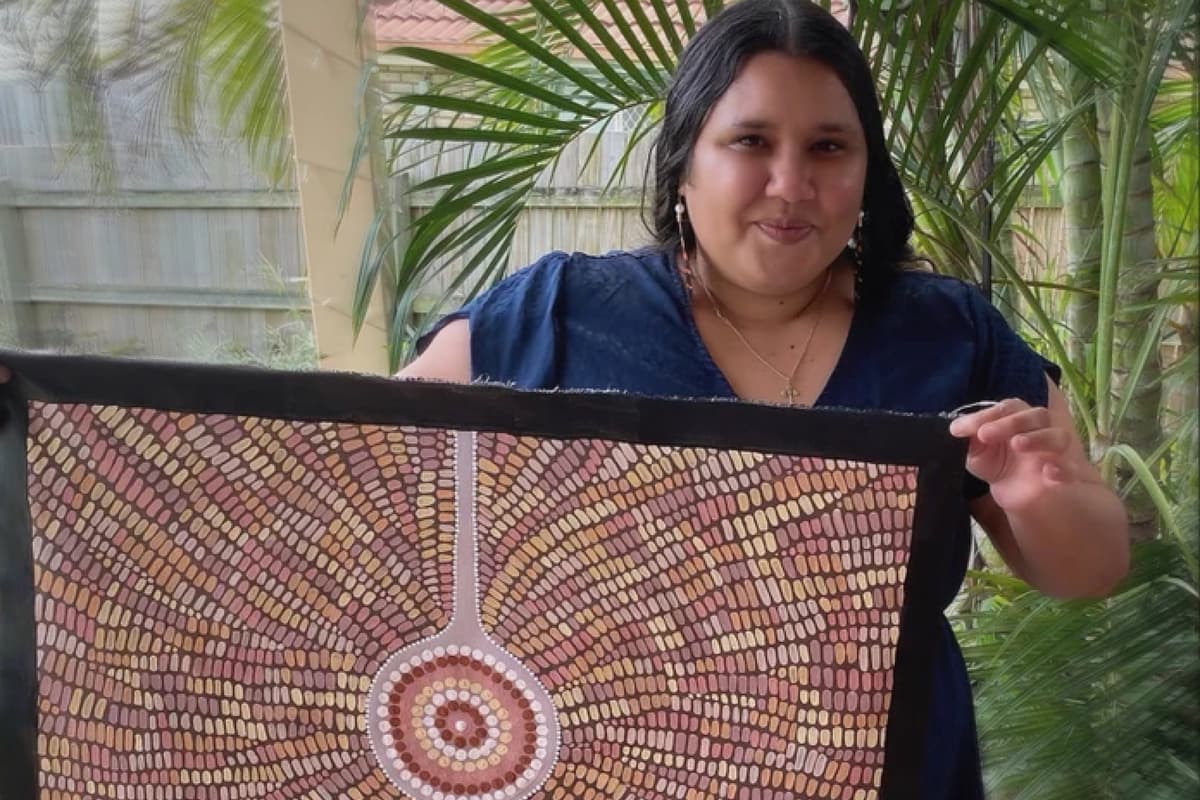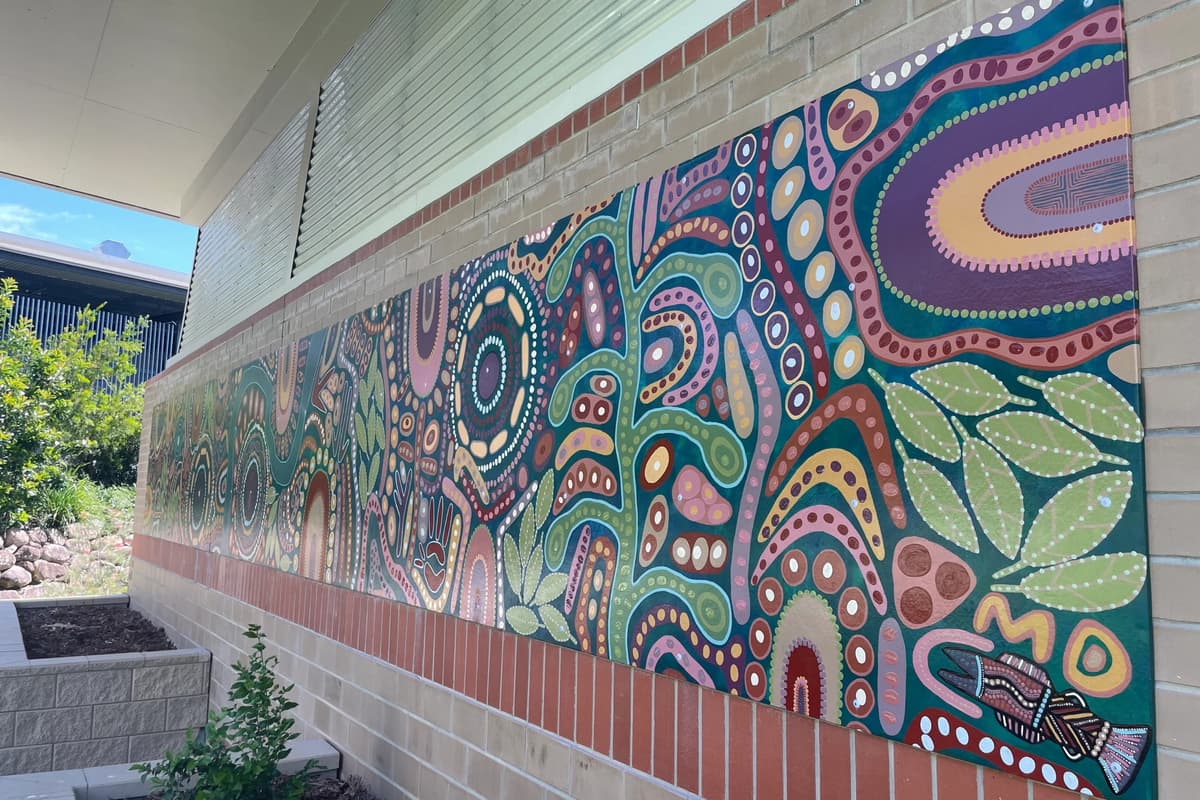
- Business Growth & Optimisation
Celebrating Growth in the Indigenous Business Sector
Today, the Indigenous business sector is one of the fastest growing in Australia.
Indigenous businesses in Australia generate more than $4.9 billion every year — roughly a third of the contribution of the entire non-government arts and entertainment sector. While impressive, that figure doesn’t account for the additional and significant economic, social and cultural benefits of a flourishing Indigenous business sector.
Looking beyond the data, the picture that emerges is a thriving community that wields growing economic power. Many First Nations entrepreneurs have established successful businesses that celebrate and spread unique Indigenous knowledge and perspectives, enriching the lives of all Australians while helping to build understanding, trust and social cohesion.
As Jenny Kent, owner of Manamana Dreaming, explains: “Our culture is changing. There’s a new, modern culture of being accepting, and recognising that we should include everybody — but especially First Nations Australians. It’s helped the number of Indigenous-owned small businesses grow. Changing the old way of thinking, and bringing that acceptance into our communities can only benefit everyone.”
Celebrating NAIDOC week
Held annually in the first week of July, NAIDOC Week is an opportunity to recognise and learn about the extensive history, rich culture and vast achievements of First Nations peoples, and celebrate the oldest living continuing culture on earth.
NAIDOC originally stood for ‘National Aborigines and Islanders Day Observance Committee’. Its roots reach back to 1920, when Indigenous groups protested the status and treatment of their peoples, seeking to increase awareness in the wider community. The committee was responsible for organising country-wide activities to further that goal, and its name has since been adopted as an acronym for the week. Learn more about the history of NAIDOC and discover a list of events, teaching guides and other resources on the NAIDOC website.
The power of the Indigenous business sector
Today, the Indigenous business sector is one of the fastest growing in Australia. In the decade leading up to 2016, the number of Indigenous businesses grew by almost 72 per cent to approximately 11,500. It’s estimated there are currently 16,000 Indigenous-owned businesses in Australia.
Beyond the positive economic impact, the strength, size, and diversity of the Indigenous sector is benefiting both First Nations peoples and Australia as a whole. Indigenous communities are strengthened through the establishment of widespread networks, as well as the development of business and financial skills. For the Indigenous consumer, these businesses provide local communities with access to an array of services, such as health and education services, provided in a culturally sensitive way. Other Indigenous businesses are focussed on providing cultural services that help educate the wider community about the history of the world’s oldest living culture.
It’s clear that First Nations businesses are becoming a major economic driver and employer, while serving the dual purpose of contributing to a healing country. We spoke to two Zeller merchants to understand their journey to business ownership.
Manamana Dreaming
Pathways to business ownership are often non-linear, as was the case for Zeller merchant and proud multicultural Australian Jenny Kent, who has First Nations Ancestry from the Quandamooka, Jinibara, Wakkawakka Tribes of South East Queensland and of the Darumbal Tribe of the Capricorn Coast.
“My mother was a cleaner, my grandmother was a cleaner, so I used to do cleaning in the Mt Isa mines when I was younger," she says. "When I moved down to Brisbane, I applied for cleaning jobs but couldn’t get one. My kids’ school was looking for a community aid in cultural education and art, and they asked if I wanted to do it. I said yes, and every job I’ve had has been around that."
“I call it destiny.”



Jenny co-owns the business with Wesley Kent, a descendant of the Kalkadoon who has affiliations with the Mitakoodi Tribes of North West Queensland. The name, Manamana, is a Kalkadoon word meaning ‘sky’.
For the Kents, who specialise in Indigenous art, education and merchandise, it’s about the preservation of their culture through knowledge.
“I think it’s about education. Teaching, sharing culture and knowledge, and building people up in their knowledge and awareness to create that positivity — because art’s a very positive thing,” says Jenny.
Jinndi
Jinndi is a retail store co-owned by Simon Burr, a proud Yuggera Wuthathi man, and Whitney Burr, a proud Yuggera and Wuthathi woman and artist.
“Our inspiration stemmed from our little Jarjum, Evie," says Simon. "When she was born I wanted her to represent who she was and where she came from. Fashion has always been used as a form of expression, and Jinndi is our way of sharing our culture with the wider community. Connecting the next generation to Country is something we are always passionate about.”



Simon and Whitney are also passionate about spreading knowledge and educating the broader community about Indigenous culture. Whitney credits social media with providing a platform for the distribution of that knowledge.
“Over the years our people have done an incredible job at utilising social media as a platform to educate and demonstrate what it means to be Aboriginal. It’s really important for us to share as much knowledge as we can with the wider community," she says.
"This knowledge fosters accountability and respect for the land and culture. "
"I think our mob does such an incredible job at being inclusive, while teaching Australia what our culture means to us."
A healing nation
Indigenous entrepreneurship has continued to thrive over 65,000+ years, and yet the significant contributions of First Nations peoples and communities has been largely missing from most accounts of Australia’s economic history. That is changing.
A vibrant, Indigenous business sector is emerging, offering new employment opportunities for local communities and inspiring the next generation of Indigenous business owners through increased visibility. Successful Indigenous businesses have a multiplier effect, fostering an inclusive environment that offers more Indigenous people pathways to employment.
Every Australian has the opportunity to shape the future of the Indigenous business sector — whether that’s through education, spreading awareness, or supporting Indigenous-owned businesses.
Zeller acknowledges the Traditional Owners of the land where we work and live. We pay our respects to Elders past, present and emerging. We celebrate the stories, culture and traditions of Aboriginal and Torres Strait Islander Elders of all communities who also work and live on this land.



